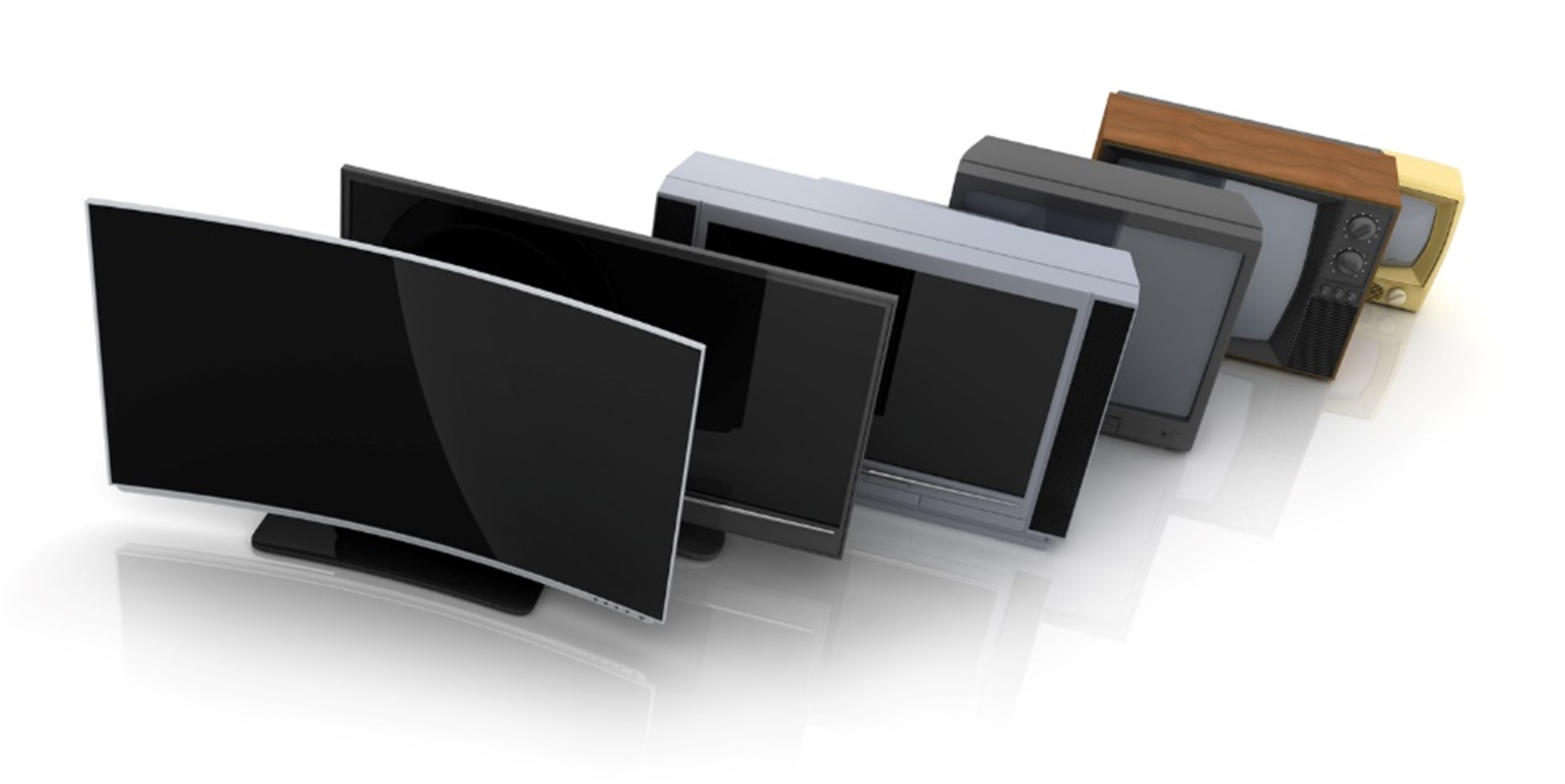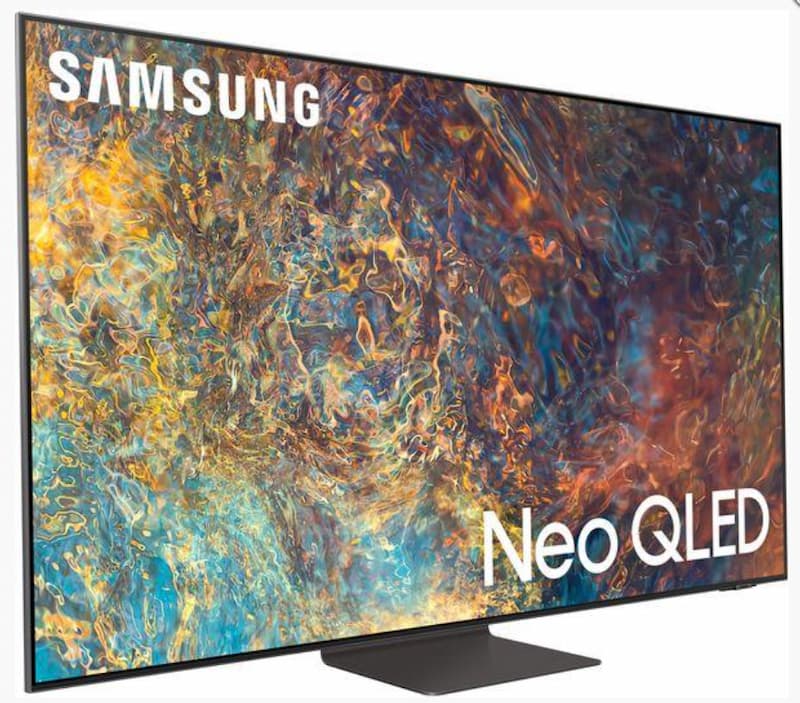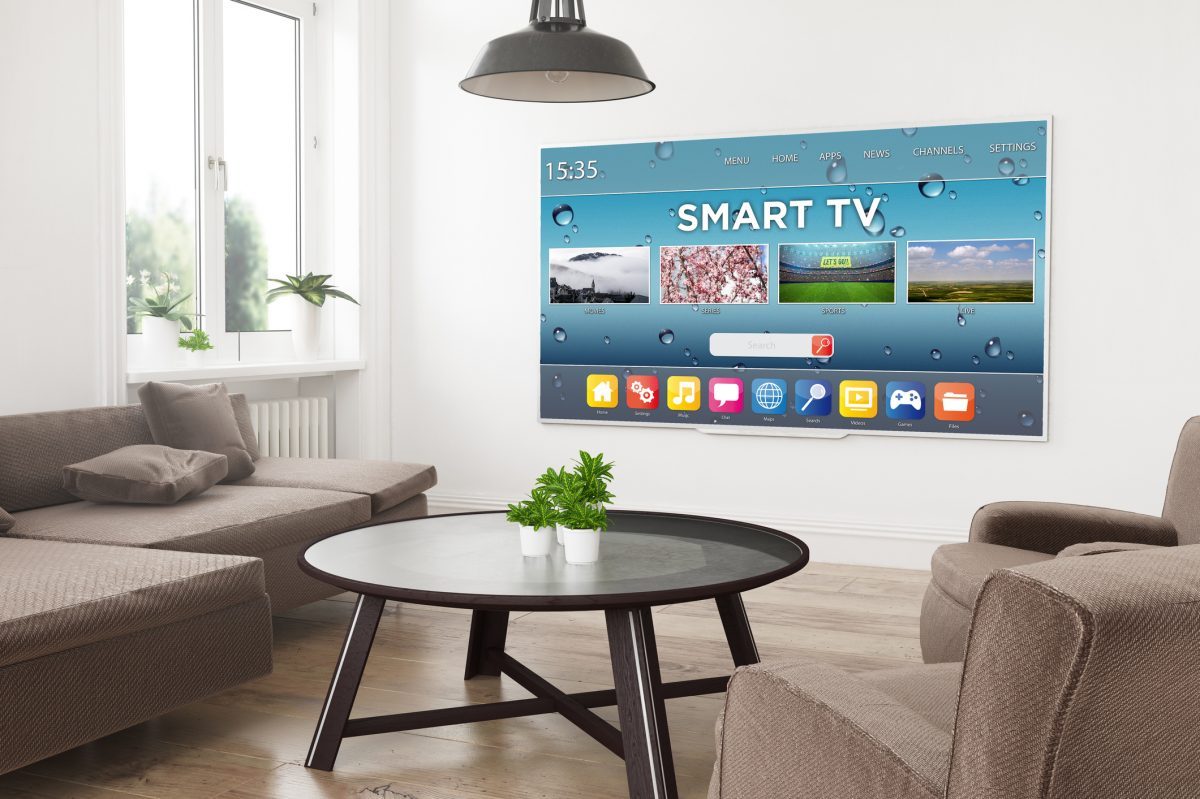My partner and I consider our new television another member of the house. It may look strange to see it written, but it’s a widely regarded practice to have the television on during dinner, evening relaxation, even whilst cooking. ‘TV has replaced the hearth’ a friend of ours suggested; ‘where people used to sit and cook over the fire and talk about their days, now the TV talks for you’. We couldn’t disagree with him; there is a definite feeling of another presence in the room whenever someone switches on the football, news, or some shambolic US sitcom. It may sound like a fairly negative outlook, but now that the fire light has been replaced with the light from our LED TVs, what are the effects on communication in the household?
Viewer Discretion
Initially I thought this way about television: it stops people talking to each other and instead focuses everything on the screen. This way of thinking caused me to question the great advantages of television as the primary source of entertainment, and though I can’t really speak for my better half, I believe she felt the same. What is there to talk about with my partner when the TV is always going to be more entertaining?
Pressing the Right Buttons
When thinking about the advantages of an interactive ‘hearth’, one need look no further than the evolution of 3D Televisions and interactive technology. My partner and I had never been able to afford one before, but recently high quality TVs have been sold at surprisingly low prices, and they are well worth it for what you get.
Thinking of the TV as the reason for lack of communication misses out one of the pivotal elements of TV: talking about what you have seen. This of course has developed into talking about what you found you can do with your 3D TV including; interactive family games, surfing the net on a plasma screen, recording favourite shows, and even changing the angle of a football match! Pub conversations might sound a bit different in comparison with a few years ago: ‘Did you catch the game last night?’ ‘Firstly mate, which one, and where from?’
Access to more information breaks the communication barrier by giving us more to talk about. Simple concept, revolutionary effect. So what about the future?
Future Communication
You might be impressed at being able to involve the whole family in a programme through 3D entertainment and even motion control; and you might even think that a higher quality picture equals better viewing experience, but check this out. If you skip to the bit about ‘Water TV’ and still remain as sceptical as I was about the potential TV has as the other member of the house, you will be missing out on some truly remarkable developments. Ten years they say, and interactive holographic images may be implemented into the home. I have no idea what this means for communication between my partner and I, but since buying our 3D TV, we’ve never had more to talk about.







